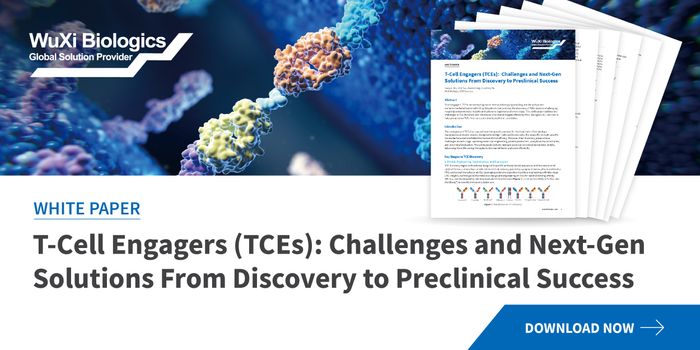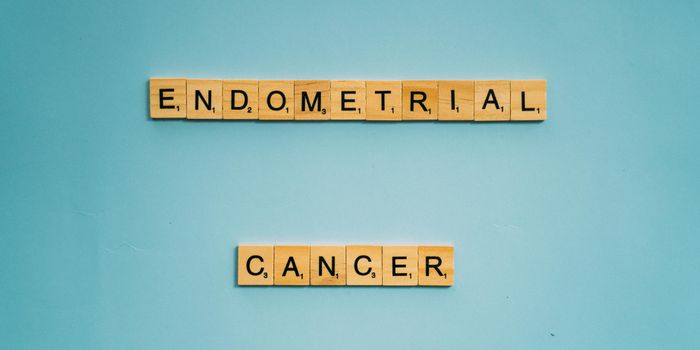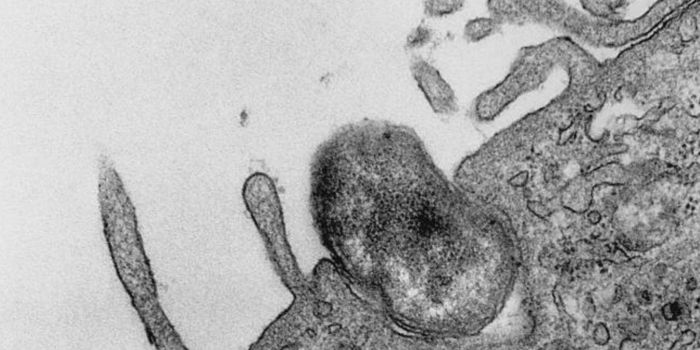Esophageal Cancer Awareness in April and After!
As we wrap up April, Esophageal Cancer Awareness Month, let’s take a closer look at this malignancy, available treatments, and the symptoms associated with the disease.
Esophageal cancer (known as oesophageal cancer to our British friends), the malignancy that develops in the hollow, muscle-lined tube that transports food from the throat to the stomach, presents in two distinct subtypes. Esophageal squamous cell carcinoma (ESCC), also called epidermoid carcinoma, impacts the flat cells in the esophagus lining, most often in cells located in the upper to middle area of the tube. Esophageal adenocarcinoma (EA) occurs in mucus-producing glandular cells, usually in the esophagus's lower section near the stomach.
Several factors can increase one’s risk of developing esophageal cancer. Known risk factors associated with the disease include alcohol and tobacco use. Further, a condition known as Barrett esophagus, which occurs when the cells lining the lower part of the esophagus become abnormal, can increase the risk of esophageal cancer. As heartburn often causes Barrett esophagus, chronic occurrences can impact esophageal cancer risk.
While esophageal cancer remains relatively rare, accounting for about 1% of annual cancer diagnoses, it represents one of the deadliest cancers, especially when diagnosed at an advanced stage. The National Cancer Institute (NCI) estimates over 20,000 new esophageal cancer cases and over 16,000 esophageal cancer-related deaths in 2024. The overall five-year survival rate for esophageal cancer remains low, at 21.6% (2014-2020 data). However, we see a drastic difference in the five-year survival rate based on stage. Patients with the most advanced esophageal cancers (distant) have only a 6% five-year survival rate, while those with regional or localized disease have a 28% and 49% five-year survival rate, respectively. This dichotomy highlights the importance of early detection and diagnosis!
Treatment options for esophageal cancer differ depending on the clinical and personal characteristics of each patient. In many cases, patients will undergo a surgical procedure called an esophagectomy, where a surgeon will remove part of the esophagus and use tissue from the intestine or a piece of plastic to connect the healthy tissue to the stomach. Creating this connection ensures that the patients can swallow and process food after recovery. Additionally, if cancer cells block flow through the esophagus, doctors can insert a metal stent to help keep an opening. Some patients may receive systemic therapies, including radiation, chemotherapy, or a combination of both. In some specific cases, immune checkpoint inhibitors provide an additional therapeutic option.
In an effort to promote esophageal cancer awareness, we need to talk about some signs and symptoms. Esophageal cancer patients may experience trouble swallowing, weight loss, chest pain, hoarseness, chronic coughing, vomiting, and bloody stool. As these symptoms commonly occur with a variety of other conditions, they often go unchecked or unlinked to proper diagnostic screening for esophageal cancer. According to the American Cancer Society , dysphagia (trouble swallowing) is the most common symptom of esophageal cancer, but this often goes unnoticed because dietary changes eliminate the discomfort. While no standard screening procedures for esophageal cancer exist, clinical trials for new screening techniques are ongoing.
As Esophageal Cancer Awareness Month comes to a close, ongoing awareness remains integral to making a meaningful impact on this aggressive disease. The Esophageal Cancer Action Network (ECAN) provides excellent resources to educate friends and family about the signs of esophageal cancer, which remains important not only in April but throughout the year!
Finally, Esophageal Cancer Awareness Month also presents an excellent opportunity to remember those who have lost their fight with esophageal cancer. On a personal level, this includes a good friend of my family named Michael, who passed away last Fall far too young. Supporting esophageal cancer awareness will facilitate the development of new treatments and the optimization of screening procedures. Hopefully, in the very new future, we will see improved outcomes, and these advances will bring some comfort to everyone who has been personally touched by this deadly disease.
Sources: Scientific Reports, Int J Mol Sci









